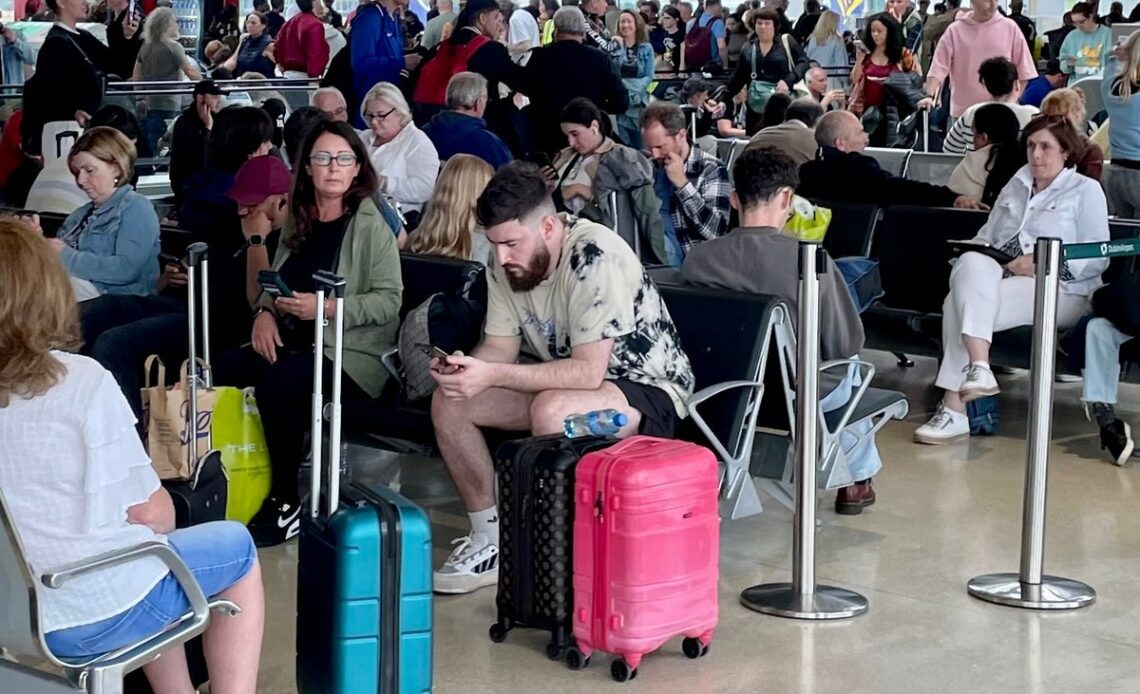Simon Calder, also known as The Man Who Pays His Way, has been writing about travel for The Independent since 1994. In his weekly opinion column, he explores a key travel issue – and what it means for you.
As an indication that hundreds of thousands of travellers were about to have their day – or week – ruined, the message looked innocuous.
“We are currently experiencing a technical issue and have applied traffic flow restrictions to maintain safety,” read the announcement from Nats just after noon on bank holiday Monday, 28 August.
As the national air-traffic control service explained: “Engineers are working to find and fix the fault. We apologise for any inconvenience this may cause.”
Nothing to see, you might conclude: perhaps just some mild inconvenience. But the message heralded the imminent cancellation of more than 2,000 flights, wrecking the plans of 300,000 airline passengers.
“The reason for the disruption was precisely because we are absolutely wanting to guarantee everybody’s safety,” I was told the following day by Martin Rolfe, chief executive of Nats.
He revealed for the first time that the fault was initially identified at 8.30am on Monday – almost three hours before the automatic system went offline, leaving controllers to handle aircraft manually.
The system is designed for caution when confronted with a flight plan written in the wrong format. When presented with anomalous data, the organisation’s complex IT operation duly defaulted to fail-safe mode.
Mr Rolfe said: “Our systems, both primary and the back-ups, responded by suspending automatic processing to ensure that no incorrect safety-related information could be presented to an air traffic controller or impact the rest of the air traffic system.”
Surely the Nats system should automatically have identified the anomaly and rejected the plan, saying “try again”? Yet instead, the flight plan was ingested and set in train a shutdown of the entire automated system, reducing the number of flights that could be handle by a factor of 10.
As the broadcaster William Crawley put it on BBC Radio Ulster: “This is a bit like sticking your card into an ATM machine and putting in the wrong pass code – and instead of spitting out your card it shuts down all the banks in the country.”
Aviation is extremely susceptible to a domino effect, especially…
Click Here to Read the Full Original Article at The Independent Travel…
